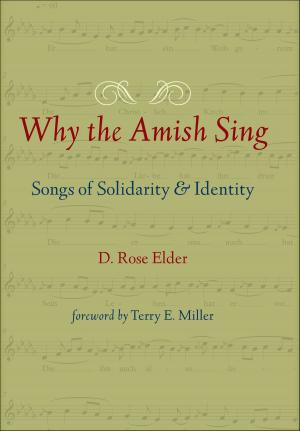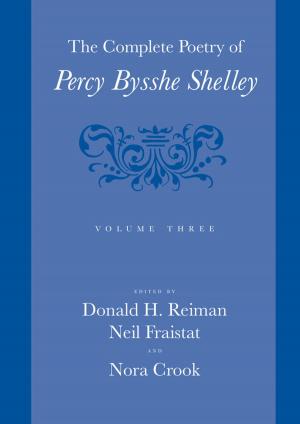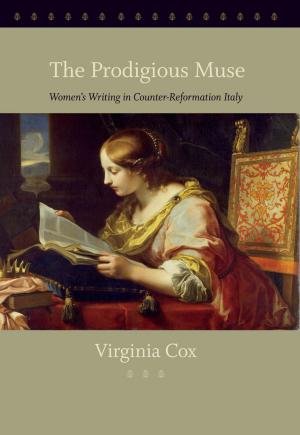| Author: | Daniel Anderson | ISBN: | 9781421413488 |
| Publisher: | Johns Hopkins University Press | Publication: | April 21, 2014 |
| Imprint: | Language: | English |
| Author: | Daniel Anderson |
| ISBN: | 9781421413488 |
| Publisher: | Johns Hopkins University Press |
| Publication: | April 21, 2014 |
| Imprint: | |
| Language: | English |
The poems in The Night Guard at the Wilberforce Hotel navigate the evanescent boundaries between the public and the private self. Daniel Anderson’s settings are often social but never fail to turn inward, drowning out the chatter of conversation to quietly observe the truths that we simultaneously share and withhold from one another—even as we visit friends, celebrate a young couple’s union, or eavesdrop on the conversations of others.
These twenty poems include meditations on teaching hungover undergraduates, wine tasting among snobs, and engaging the war on terror from the comfort of the suburbs. They are alternately driven by ornamental language that seeks to clarify and crystallize the beauties of our common world and the poet’s faith that fellowship ultimately trumps partisanship. Even as they weigh and measure the darkness of the heart and the sometimes rash and stingy movements of the mind, the poems refrain from pronouncing judgment on their characters. As much as they ponder, they also celebrate in exact, careful, and loving terms the haunting and bracing stimuli from which they originate.
The poems in The Night Guard at the Wilberforce Hotel navigate the evanescent boundaries between the public and the private self. Daniel Anderson’s settings are often social but never fail to turn inward, drowning out the chatter of conversation to quietly observe the truths that we simultaneously share and withhold from one another—even as we visit friends, celebrate a young couple’s union, or eavesdrop on the conversations of others.
These twenty poems include meditations on teaching hungover undergraduates, wine tasting among snobs, and engaging the war on terror from the comfort of the suburbs. They are alternately driven by ornamental language that seeks to clarify and crystallize the beauties of our common world and the poet’s faith that fellowship ultimately trumps partisanship. Even as they weigh and measure the darkness of the heart and the sometimes rash and stingy movements of the mind, the poems refrain from pronouncing judgment on their characters. As much as they ponder, they also celebrate in exact, careful, and loving terms the haunting and bracing stimuli from which they originate.















